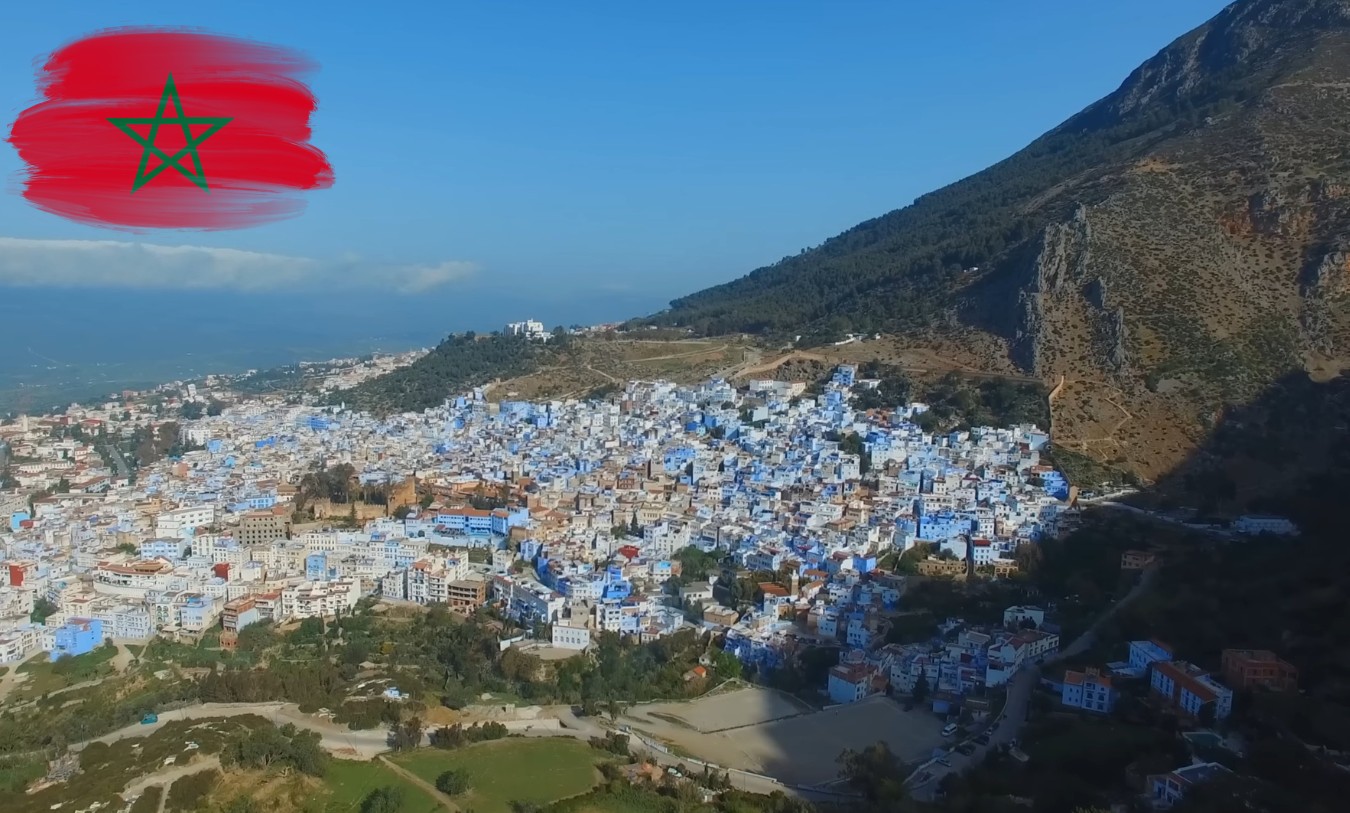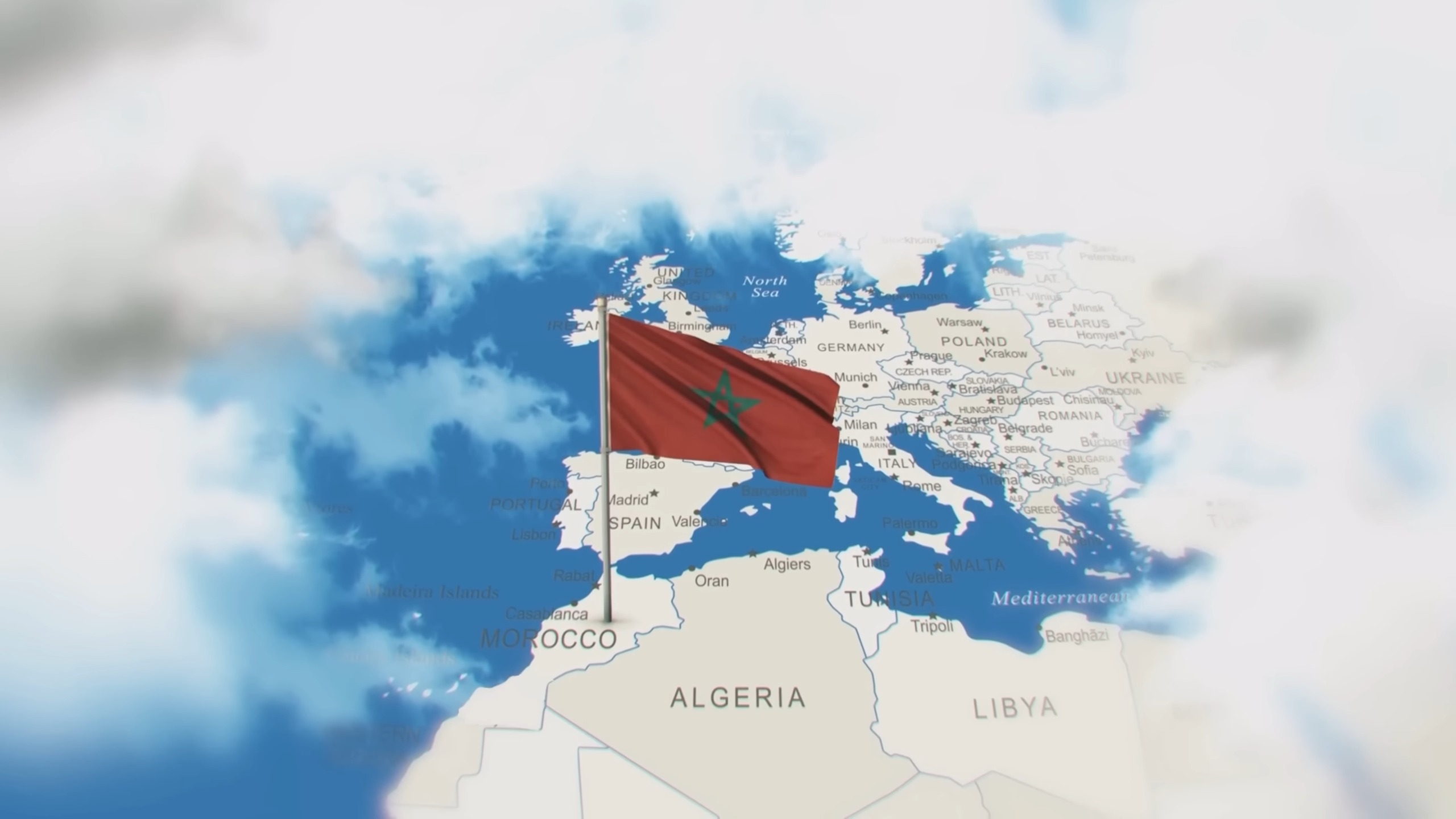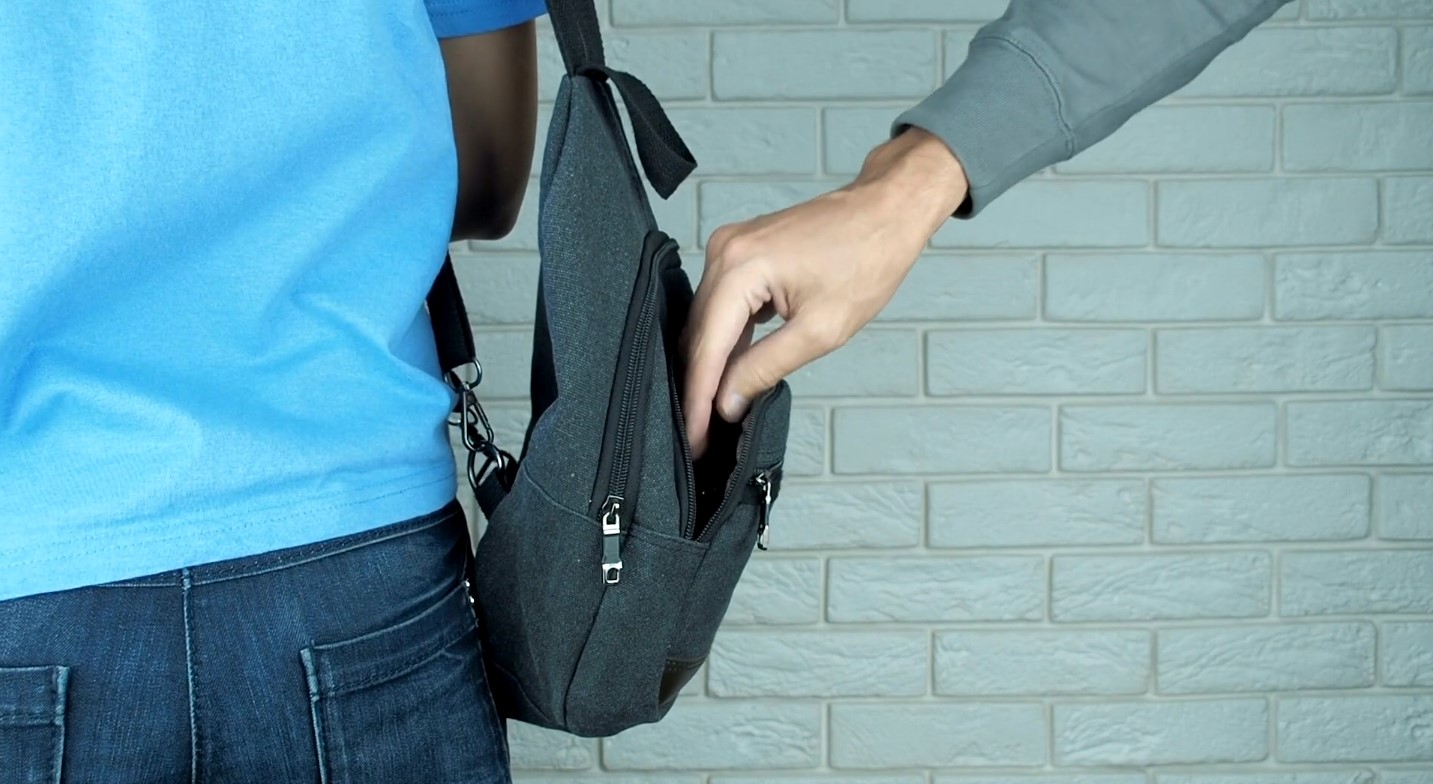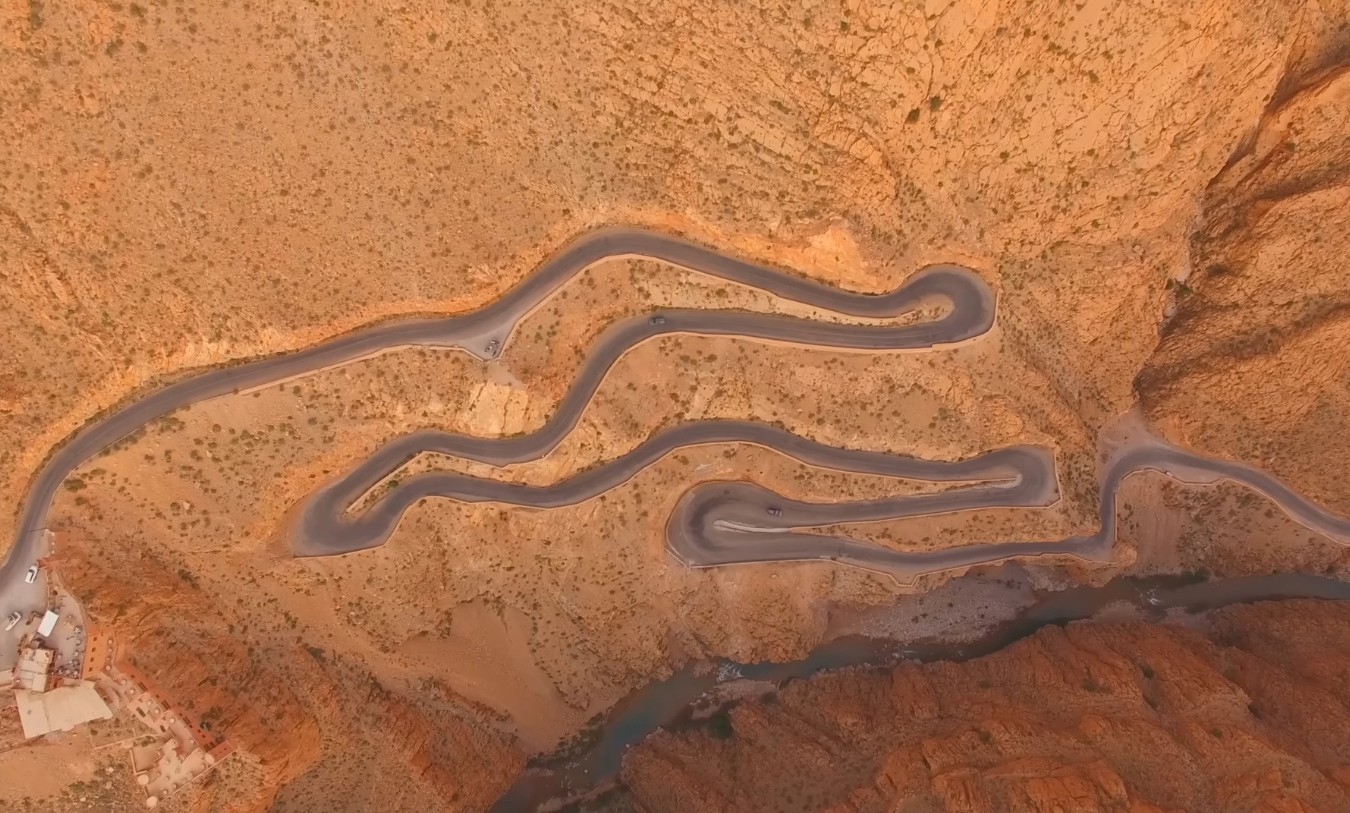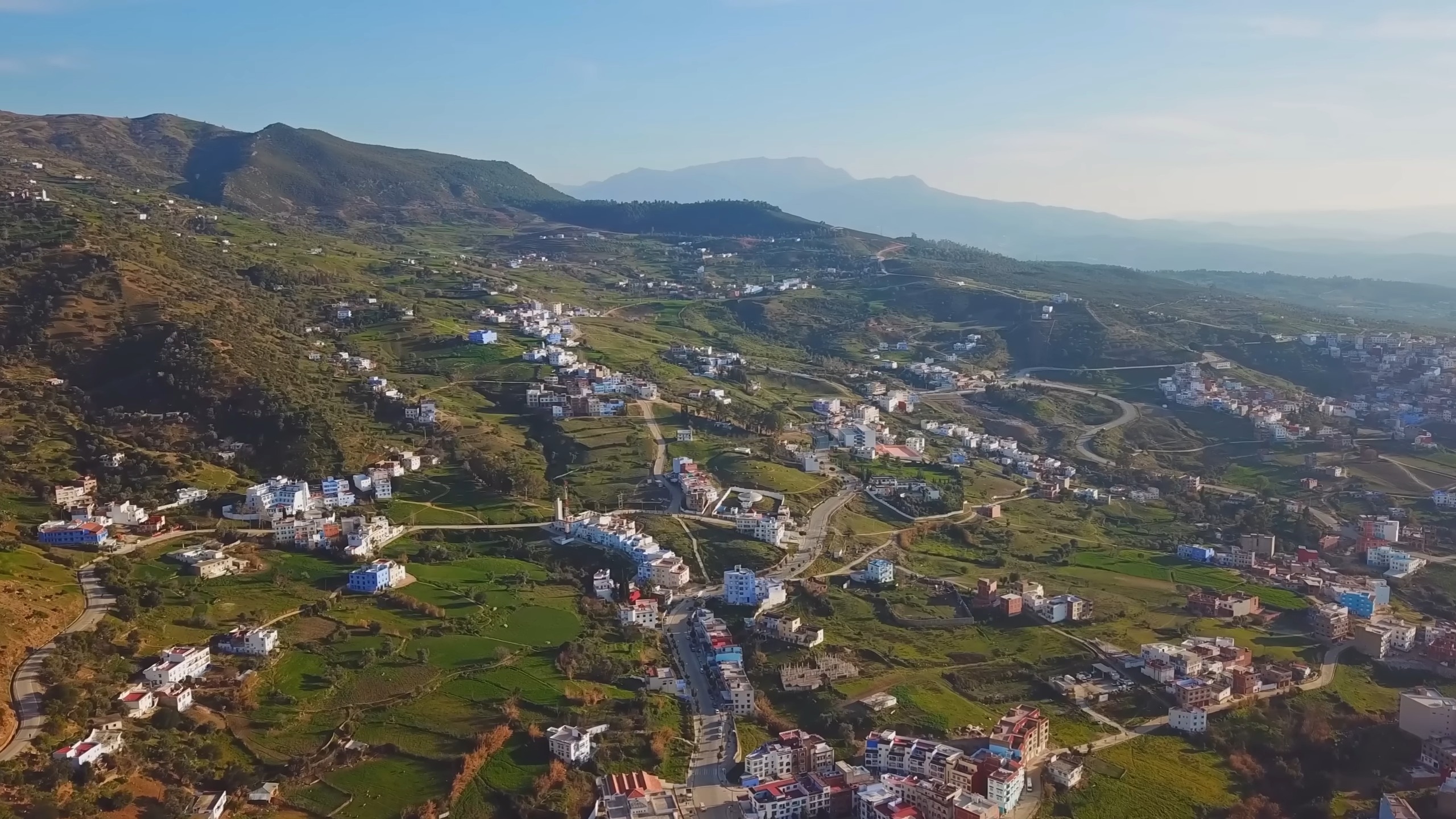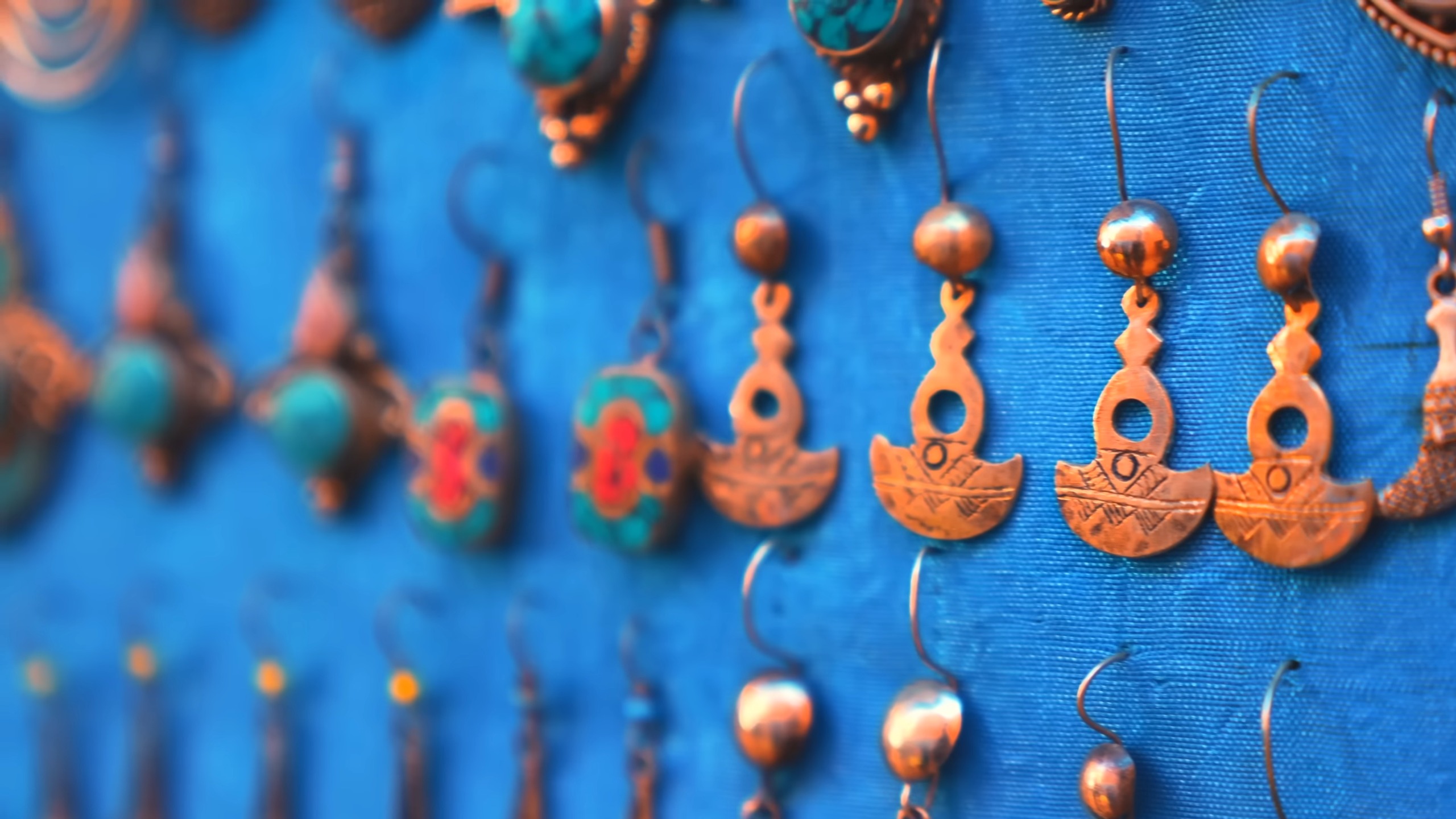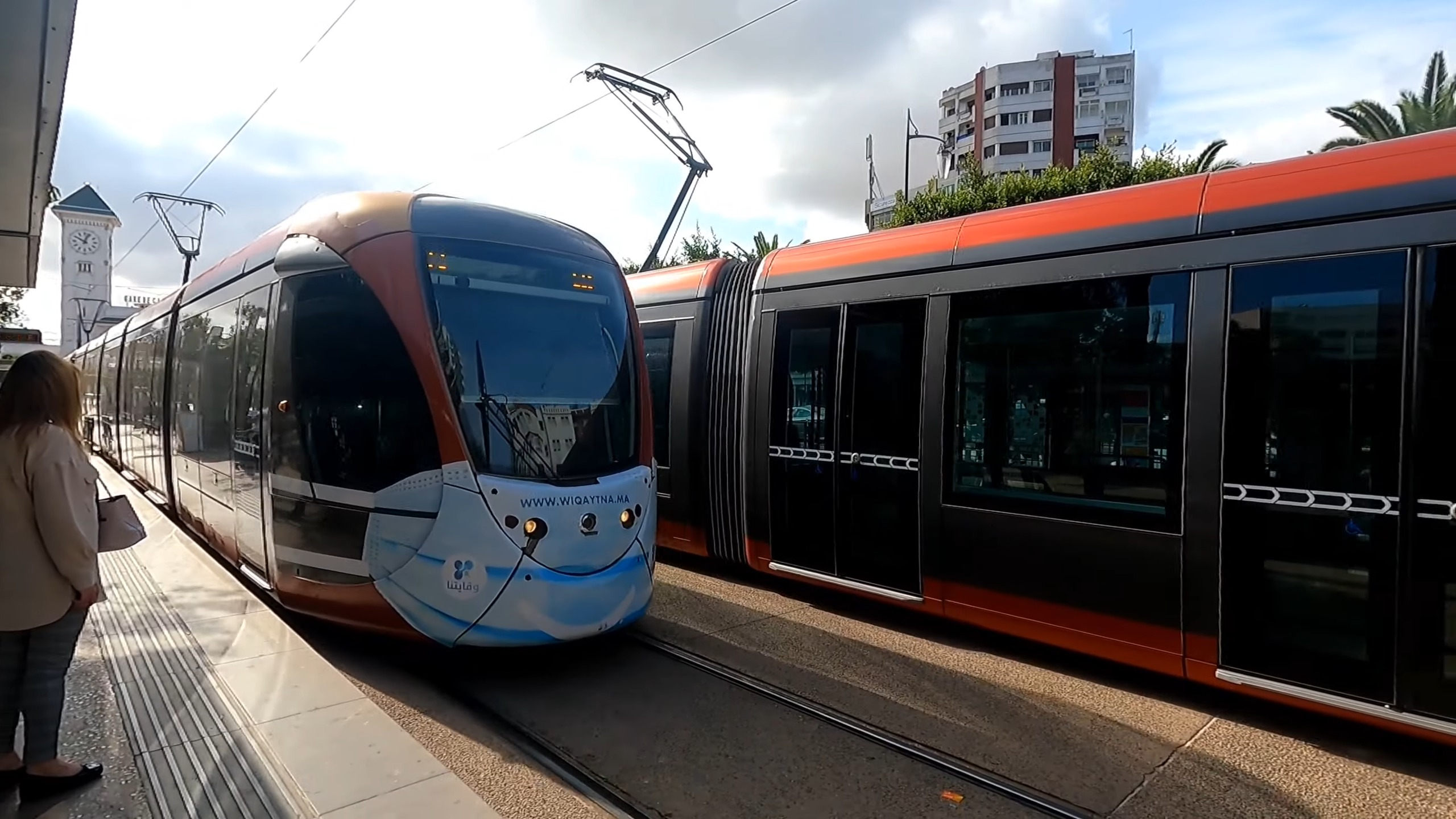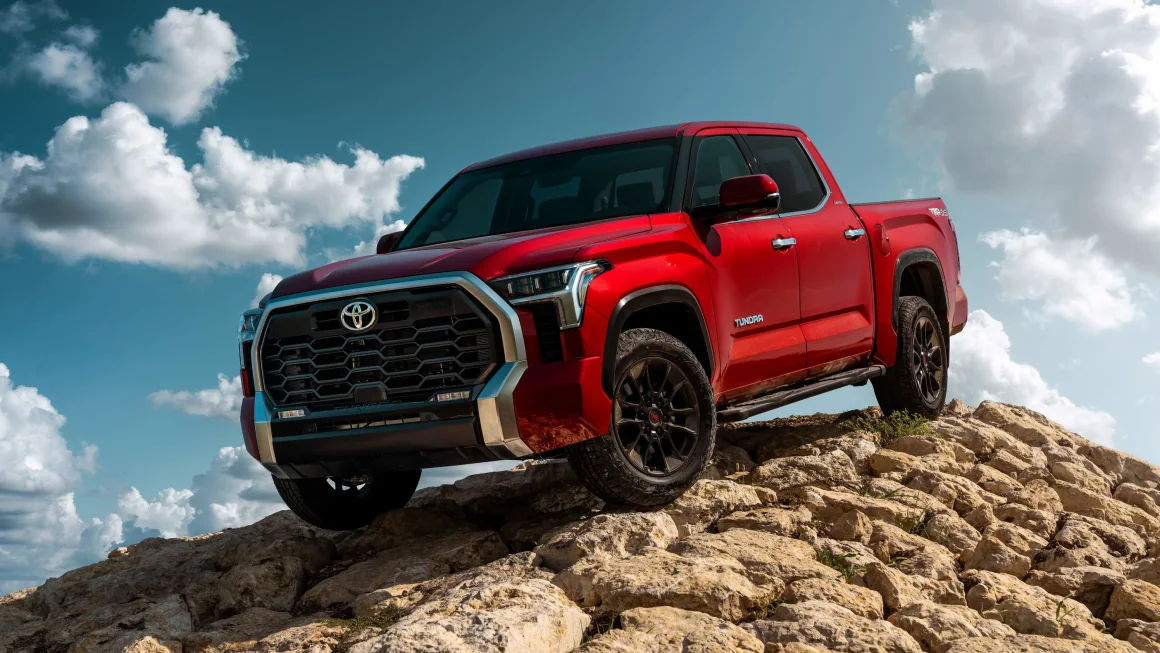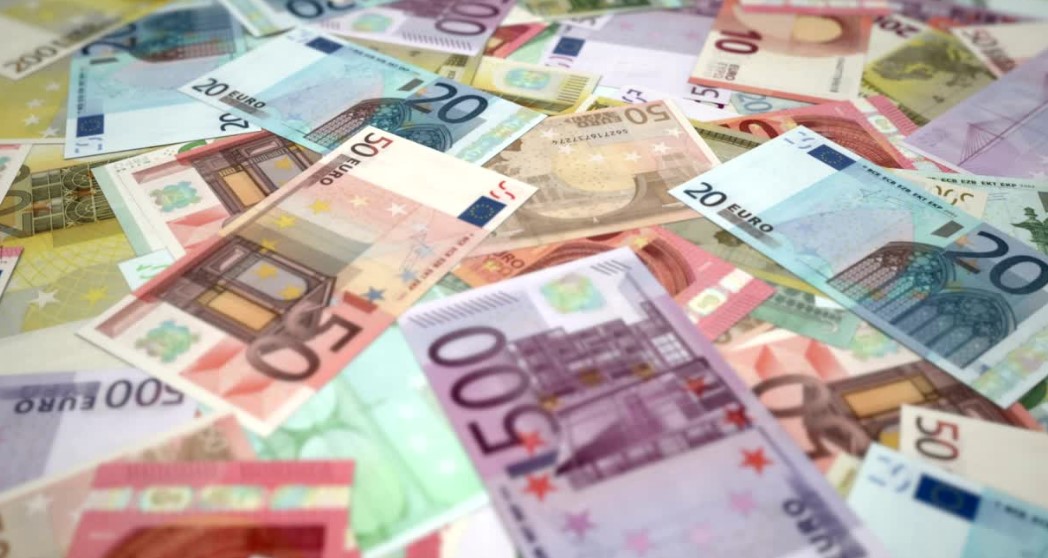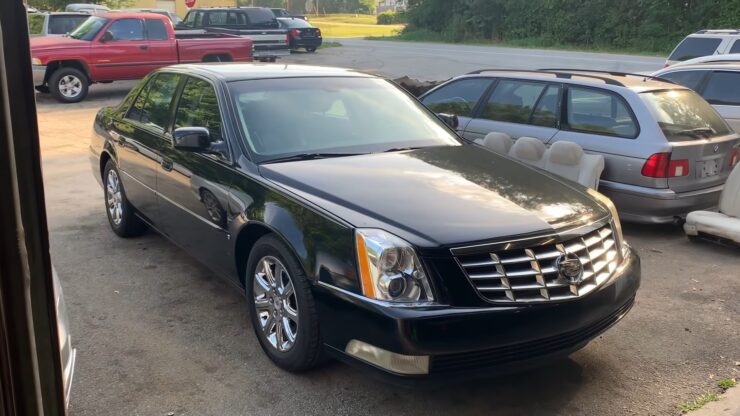I’ve been an avid globetrotter for as long as I can remember. From the bustling streets of Tokyo to the serene beaches of Bali, I’ve had the privilege of experiencing the world in all its beauty and complexity.
One of my most memorable trips was to Morocco—one of the hottest countries that captivated me with its rich history, vibrant culture, and stunning landscapes.
However, before embarking on this adventure, I had my own reservations and questions, the most pressing of which was: Is it safe to travel to Morocco?
Safety is a concern that many of us share, especially when visiting unfamiliar territories.
That’s why I’ve decided to share my insights and research on this topic, to help you prepare for your dream journey.
Is It a Safe Travel Destination?
The current safety situation in Morocco is generally stable and safe for travelers. It is important to stay vigilant and protect belongings, as street crime and pickpocketing can occur in tourist areas.
Instances of terrorism and political unrest are rare, but it is advisable to stay informed about the local situation and follow government travel advisories.
By researching and planning the trip, respecting local customs and culture, being aware of the surroundings, and using reliable transportation and accommodation, travelers can have a completely safe and enjoyable experience.
Government Travel Advisories
Government travel advisories for Morocco are crucial sources of safety information. These advisories, issued by various governments, serve as a valuable guide for travelers.
Currently, these advisories reassure that this is generally a safe destination. It is essential to stay updated on any security changes that may occur.
While there is mention of a potential for terrorism and political unrest, the likelihood of encountering such incidents is low.
Common Safety Concerns
Street Crime and Pickpocketing
When it comes to street crime and pickpocketing, it’s important to be cautious. Here are some precautions to ensure your safety:
- Stay vigilant: Be aware of your surroundings and keep an eye on your belongings.
- Avoid showing off valuable items like jewelry, cameras, or smartphones.
- Secure your belongings: Use bags or backpacks with secure closures and keep them close to your body. Consider using an anti-theft bag or money belt.
- Be cautious in crowded areas, such as markets, public transportation, and tourist hotspots. Keep your belongings secure and stay alert.
- Avoid walking alone at night: Stick to well-lit and busy streets, and consider using transportation or traveling with a group.
- Stay away from distractions: Be cautious during conversations, directions, or offers of help. Keep your belongings close.
- Report incidents to the local authorities as soon as possible if you become a victim of street crime or pickpocketing.
Remember, taking these precautions can significantly reduce the risk of street crime and pickpocketing. Stay alert and keep your belongings secure for a safe and enjoyable trip.
Terrorism and Political Unrest
Terrorism and political unrest are concerns when traveling to Morocco. While the country has a history of stability, it has experienced isolated incidents of terrorism in the past.
These incidents mainly target crowded areas like tourist sites and transportation hubs.
The government and security forces have taken measures to combat terrorism and ensure the safety of both locals and tourists.
Stay updated with local news and follow any instructions or guidelines from local authorities.
Pay attention to government travel advisories and follow their recommendations. Stay vigilant and aware of your surroundings while in Morocco.
To mitigate the risks, avoid crowded and high-profile places, especially during times of increased tensions. While these incidents are rare, it’s essential to take precautions and be prepared.
Road Safety
Road safety is of utmost importance in Morocco due to its mixed record of accidents. To ensure a safe journey, it is crucial to be aware of potential risks and take necessary precautions.
- Observe speed limits: It is imperative to stick to the posted speed limits to avoid accidents caused by excessive speeding.
- Wear seat belts: Always remember to wear seat belts in the vehicle as they significantly reduce the risk of injury in case of an accident.
- Drive defensively: Anticipating the actions of other drivers, avoiding aggressive maneuvers, and maintaining a safe distance from other vehicles are key elements of defensive driving.
- Be cautious on rural roads: Rural roads in Morocco can often be narrow, winding, and have limited visibility. To account for unexpected obstacles, it is crucial to drive at a reduced speed on these roads.
- Stay alert: Avoid distractions such as using mobile phones or eating while driving. Constantly watch out for pedestrians, animals, and cyclists.
In 2021, the country implemented various road safety initiatives, including increased traffic police presence, improved road signage, and public awareness campaigns.
These efforts have led to a significant 10% decrease in road fatalities compared to the previous year.
The government remains fully committed to prioritizing road safety and creating safer roads for everyone.
Health and Hygiene
Health and hygiene are of utmost importance when traveling to this country. It is crucial to prioritize your well-being and take the necessary precautions to stay healthy.
- Drinking water: Make sure to consume only bottled or filtered water in order to avoid waterborne diseases. Always check that the bottle is properly sealed.
- Food safety: Exercise caution when choosing where to eat. It is important to ensure that the food is thoroughly cooked and served hot. It is recommended to avoid street food and opt for hygienic restaurants instead.
- Hand hygiene: Remember to wash your hands with soap and water, particularly before meals and after using public facilities. In case soap and water are not available, it is advisable to use hand sanitizers.
- Mosquito-borne diseases: Protect yourself from mosquito bites by using insect repellent, and wearing long sleeves and pants, especially in the evenings and in areas with a high mosquito population. Consider using mosquito nets while sleeping, particularly in rural areas.
- Vaccinations: Consult a travel health specialist or healthcare provider to ensure that all necessary vaccinations, including hepatitis A, typhoid, and tetanus, are up to date.
- Medications: Ensure that you have an adequate supply of medications for your trip. It is important to carry them in their original packaging along with a valid doctor’s prescription.
Additional Tips
Research and Planning
Research and planning are crucial for a safe and enjoyable trip to Morocco. Take the following steps:
- Conduct thorough research: Familiarize yourself with Moroccan customs, traditions, and laws to navigate with respect and avoid misunderstandings.
- Stay updated on travel advisories: Keep yourself informed about the country’s safety situation by referring to government advisories for potential risks.
- Choose reliable accommodations: Prioritize your safety by selecting reputable hotels or guesthouses with positive reviews.
- Create a detailed itinerary: Plan your visit to specific cities or regions and make sure to include all important attractions to avoid missing out.
- Pack appropriately: Pack suitable clothing that aligns with the local climate and cultural norms, especially modest attire for visits to mosques.
- Learn basic phrases: Familiarize yourself with basic Arabic or French phrases to facilitate easier communication with locals.
Respecting Local Customs and Culture
Respecting local customs and culture is vital. The country boasts a rich cultural heritage and traditions that deserve utmost reverence. To help you demonstrate respect, here are some valuable tips:
- Dress modestly: In Morocco, it is crucial to dress modestly, especially when visiting religious sites or rural areas. Women should cover their shoulders and wear long skirts or pants, while men should refrain from wearing shorts.
- Greetings and gestures: When meeting locals, greet them with a handshake or a simple “Salam alaikum” (peace be upon you). It is considered impolite to use your left hand for greetings or gestures.
- Etiquette at religious places: When visiting mosques or other religious sites, exhibit respect by removing your shoes and dressing appropriately. Women should also cover their heads with a scarf.
- Photography: Always seek permission before capturing photos, particularly of locals or religious sites. Some individuals may feel uncomfortable having their pictures taken, so it is essential to honor their wishes.
- Food and dining: In traditional Moroccan dining etiquette, people eat with their right hand. Thus, when dining with locals, try to use your right hand as well. Accepting food or tea when offered is considered polite.
- Learn basic Arabic phrases: Learning a few basic Arabic phrases such as “Hello,” “Thank you,” or “Please” can demonstrate respect for the local language and culture.
Pro-tip: Dedicate some time to familiarize yourself with Moroccan customs and traditions before your trip.
This will undoubtedly enrich your travel experience and exhibit genuine respect for the local culture and the people you encounter.
Stay Vigilant and Aware of Surroundings
Staying vigilant and aware of your surroundings is crucial when in Morocco. Always be observant and pay attention to the people around you, especially in crowded areas, to avoid any potential risks.
When I was exploring the souks in Marrakech, I noticed a man who seemed to be acting suspiciously and following me closely.
Without hesitation, I took evasive action and sought help from a nearby shopkeeper. Thankfully, the shopkeeper offered to accompany me to a more populated area, which kept me safe.
I was so scared at the moment because I was alone. Here are some helpful tips to keep in mind and avoid my mistake:
- Stay alert and keep your senses sharp at all times. Be mindful of any suspicious behavior from others and stay cautious.
- Ensure the security of your valuable belongings by using secure bags or wallets. Avoid displaying expensive items and carrying large amounts of cash.
- Stick to well-populated and well-lit areas, particularly during the night. It’s best to avoid walking alone in unfamiliar or remote areas. Consider traveling in groups or utilizing trusted transportation services.
- Trust your instincts. If something feels off or uncomfortable, remove yourself from the situation immediately.
- Take the time to familiarize yourself with local customs and laws. Respecting the culture and traditions will help you avoid any potential confrontations or misunderstandings.
Use Reliable Transportation and Accommodation
It is important to opt for licensed taxis or reputable car rental services to ensure that you have professional drivers who are familiar with local rules.
It is advised to avoid hitchhiking or accepting rides from strangers as it can be risky.
When choosing accommodation, it is recommended to go for reputable hotels, guesthouses, or riads that have positive reviews and good security measures.
Look for places with 24-hour reception, secure entrances, and lockable rooms. It is also advisable to book your accommodation in advance to ensure availability and give you peace of mind.
Consider the location of your accommodation as well. It is preferable to stay in well-populated and tourist-friendly areas, especially if you are traveling solo or visiting for the first time.
This will provide you with extra safety and easy access to amenities and transportation.
Using reliable transportation and accommodation will not only enhance your travel experience in Morocco but also minimize risks.
Always prioritize safety and choose options that give you peace of mind during your trip.
FAQs:
What should female travelers be aware of in Morocco?
Women traveling alone may experience harassment and verbal abuse. It is important to exercise caution and be aware of your surroundings.
Dressing modestly and respectfully can help avoid unwanted attention.
Are there any areas that should be specifically avoided?
While most tourist destinations are generally safe, some areas near the borders with Algeria and Western Sahara are less secure and are often advised against for travel by various government advisories.
Always check the latest travel advisories and consult local sources for the most current information.
How safe is public transportation?
Public transportation like buses and trains are generally safe and reliable in Morocco.
However, it’s advisable to avoid using public transportation late at night and to always keep an eye on your belongings, as pickpocketing can occur.
For added safety, consider using registered taxis or reputable ride-sharing services.
Is it safe to consume street food in Morocco?
While street food in this country is a part of the local culture and can be delicious, it’s important to exercise caution. Look for vendors that have a high turnover of customers and appear to maintain good hygiene standards.
Always ensure that the food is cooked thoroughly and served hot. If you have a sensitive stomach, you may want to stick to restaurants that cater to tourists or have been recommended by trusted sources.
Are credit cards widely accepted, and how safe is it to use them?
Credit cards are generally accepted in large cities and tourist areas, but it’s advisable to carry some cash for smaller establishments or rural areas.
When using a credit card, always keep it in sight to prevent skimming or unauthorized transactions. Using ATMs attached to reputable banks during daylight hours is generally safer.
The Bottom Line
Morocco is a country that offers an incredible array of experiences—from the bustling markets of Marrakech to the tranquil beauty of the Sahara Desert.
While it’s generally considered safe for tourists, like any other destination, it’s crucial to take certain precautions to ensure your trip is as enjoyable and worry-free as possible.
By staying informed through reliable sources like government travel advisories, respecting local customs and culture, and taking practical safety measures, you can significantly mitigate risks and make the most out of your Moroccan adventure.
In my opinion, the rewards of traveling to this country far outweigh the risks, as long as you’re prepared.

